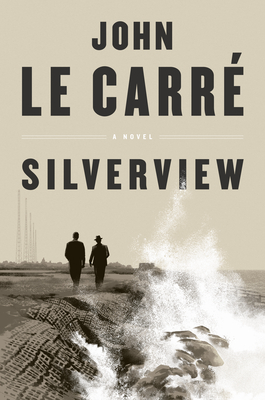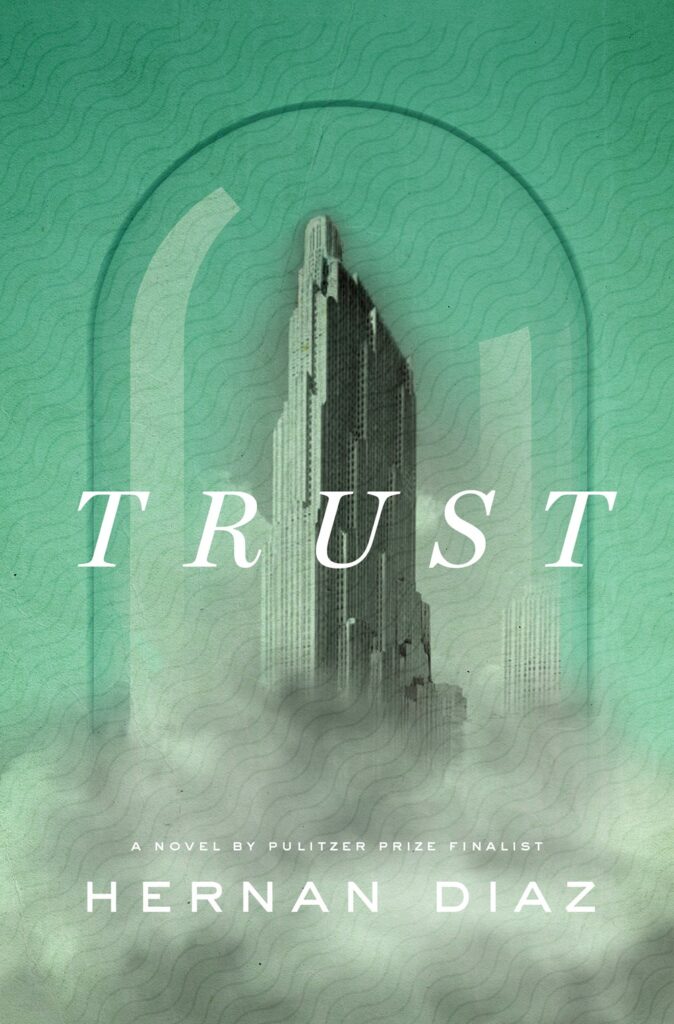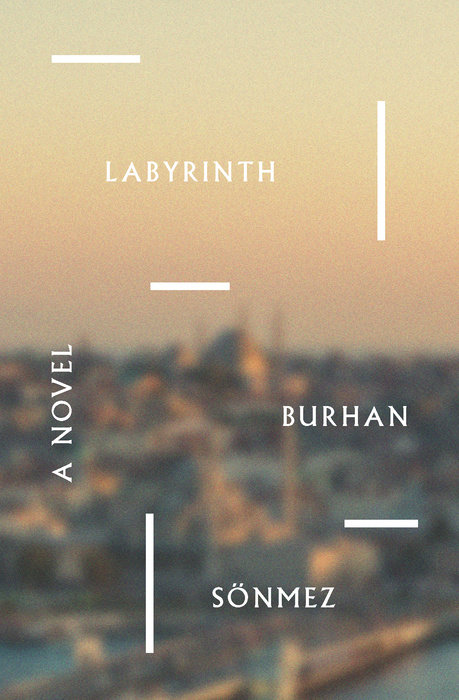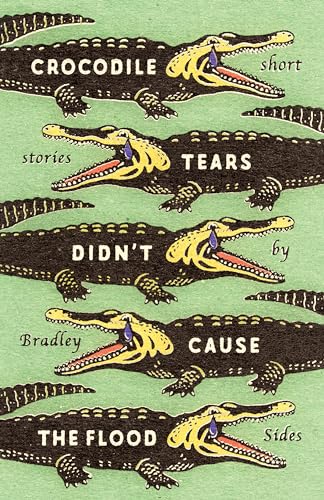Silverview by John LeCarre is another—the last, apparently—spy novel from the master of the genre. Completed by his son and published after his death, the novel focuses on a figure outside the Secret Service. He is a disillusioned former trader from London who has cashed in his former lifestyle and moved to a village where he has opened a bookshop. There he becomes acquainted with a mysterious figure, Edward, who claims to have known his father at school. The two begin a venture that is tangential to the bookshop to build a library of classics. For this purpose, Edward needs a dedicated laptop in the basement room where the library will be housed. (Uh-oh, red flag!). Meanwhile, it seems that Edward, who occasionally did work for the Secret Service, is married to a woman who was formerly high-up in the service who is now dying, but he also made contacts with the Muslim world while working in Bosnia during the war there. It’s an engaging book, as all of LeCarre’s have been.
Somewhere to Nest by Kristen Van Nest is a travel memoir I was given to review. On the one hand, I’m a likely target reader because of my own extensive travels and overseas living experiences. On the other hand, the author is from a very different generation and her lifestyle is far removed from my own. The book follows her pursuit of a series of careers after college, pretty much anything that would take her on the road. First she lands a series of jobs and fellowships in Europe and, later, a longer-term job in Shanghai. The memoir reveals more about her relationships—including the men she has sex with—than it does the countries in which she’s living, which I think many readers would find more interesting. Or maybe that’s just me. Publication date is in April 2024.
Trust by Hernan Diaz was my book club’s selection for January. While the sentences were strong and the characters of the two middle sections were mostly interesting, the structure of this novel bothered me. The whole first section, which purports to be a novel itself, while compelling, isn’t needed for the whole. The book, in my opinion, would have been stronger (and shorter) if this “libelous” fictional biography of Andrew Bevel and his wife had simply been referred to in the middle two sections, rather than presented in its entirety. Likewise, the last section feels a bit like an epilogue, where a few questions are answered, but because the style is so different from the earlier parts, it fell flat for me. Even the second section, which tells much of the story from Bevel’s point of view, is problematic because of the choice to present it as if it were a draft of the final piece, with markings to indicate where additional material is needed. As a whole, though, the book does paint a portrait of the crazy financial happenings of the 1920s, so I’m glad I read it. Also, it won a Pulitzer Prize, so apparently some people liked it more than I did.
Labyrinth by Burhan Sonmez is a tough read because of style, but I intend to re-read it when I have time. The main character, Boratin, is a musician who attempts suicide by jumping off the Bosphorus Bridge in Istanbul. He survives with relatively minor injuries, but he has lost his memory. His loyal friend Bek helps him in his recovery, but Boratin is struggling to understand the world he now lives in. He confuses time. He doesn’t remember people or places. And he isn’t sure why he attempted to kill himself. It is in some ways a political novel, and it may be that Boratin did what he did as a desperate protest.
Penultimates by Thomas Farber is a new book that came out this month. Here’s the blurb I gave the book: Dwelling on endings and near-endings, as Thomas Farber does in his lyrical and reflective book Penultimates, is paradoxically uplifting. The reader is treated to a series of short, poignant essays that honor the approach and arrival of old age, without trepidation or regret. There is, perhaps, a bit of wistfulness in these pages, but also a sense of gratitude for the accomplishments and courage of many of the people the author has admired over the course of a long life. There is also an air of inevitability, although let us hope, as the title of the collection suggests, that these are not Farber’s last words on the subject.
Crocodile Tears Didn’t Cause the Flood by Bradley Sides is a collection of short stories that range from weird to weirder. Coming out in February, I interviewed the author in a piece that will be published next month in the Southern Review of Books. (Actually, we interviewed each other, which was fun.) The stories involve strange creatures (dragons, a crocodile-monster, a space-suited child) and events (freak snowstorms, toxic fallout, stars falling from the sky), plus odd humans (vampires!).







Good job here, Cliff!
Congratulations!
Russell
I had the same problem with Diaz’ Trust. It seems authors are trying so hard to use ‘innovative’ formats, they’re losing the power of the story. If the reader is constantly pulled out of the story to puzzle through the author’s innovation, it discourages and irritates. And does nothing for credibility. Pulitzer label or not, the book is not accessible to majority of today’s readers.